Introduction
Recycling flower trash is a creative and environmentally responsible enterprise that reduces the impact of floral arrangements on the environment. In this project, leftover flowers are gathered from parties, florist shops, and graveyards and recycled into eco-friendly goods. Composting, drying, and removing the flowers' essential oils are all steps in the process.
Table of Contents
--------------Blog Contact Form-------------
Recycled flowers can make potpourri, scented candles, organic fertilizers, and natural dyes. They can also be used to make artisanal goods like handmade paper. Turning wasted blossoms into useful commodities, not only lowers the carbon footprint connected with floral waste but also advances the circular economy.
The recycling of floral waste by business owners is essential to the advancement of sustainability and conscientious waste management. In addition to satisfying consumer demand for environmentally friendly items, they help create a healthier planet by providing a green substitute for conventional flower disposal techniques like landfilling. This firm is both ethically and financially responsible because it supports the growing awareness of environmental issues around the world.
Drawbacks of Flower Waste
Despite being frequently disregarded, flower waste has several negative effects on the environment and the economy. Firstly, methane, a strong greenhouse gas that contributes to climate change, is produced when floral debris breaks down in landfills. This increases garbage disposal's carbon footprint and exacerbates environmental problems.
Second, floral debris takes up valuable space in landfills, hastening the process of landfill capacity depletion. Managing and locating appropriate disposal sites for organic waste, such as flowers, becomes more difficult as land becomes scarcer.
Improper disposal techniques also have a role in water pollution. Composting flowers releases chemicals into the soil and water that can damage aquatic habitats and endanger human health.
The economic consequences of flower waste also include lost chances for resource recovery. Flower waste adds to the expense of trash management and eliminates potential revenue streams for recycling companies, rather than being converted into useful goods like organic fertilizers or bioenergy.
To address these issues and maximize the financial potential of organic waste, sustainable waste management techniques like recycling flower debris must be adopted.
Benefits of Flower Waste Recycling Business
A floral waste recycling company has many positive effects on the environment and the economy. Firstly, recycling floral debris from ceremonies, events, and florists, helps reduce waste. This helps to promote sustainable waste management techniques, lower methane emissions, and lessen the negative environmental effects of organic waste in landfills.
Second, from floral debris, these companies frequently create compost, biofuel, and organic fertilizers. By increasing soil fertility, encouraging plant development, and lowering dependency on synthetic fertilizers, these items aid in the advancement of sustainable agriculture.
Additionally, businesses that recycle flower waste promote economic growth by opening job opportunities in the manufacturing and recycling sectors. By turning waste into useful goods, lessening the need for raw materials, and cutting production costs overall, they also promote a circular economy.
To spread the word about the value of recycling floral waste, these companies can also work with nearby communities, educational institutions, and environmentally conscious customers. All things considered, a business that recycles flower waste supports sustainability objectives, lessen its negative effects on the environment, and helps to build a stronger, greener economy.
Flower Waste Recycling Business: A Step Towards Clean and Green Environment
A firm that recycles flower waste is a commendable endeavor that represents a huge step towards creating a cleaner and greener environment. This business works directly to mitigate the environmental risks of conventional garbage disposal by keeping flower waste out of landfills. Flower waste recycling minimizes the release of methane, a powerful greenhouse gas, and eases the strain on landfill capacity, protecting priceless land resources. The procedure involves careful sorting, shredding, and composting.
Recycled flowers are used to make organic fertilizers, which improve soil quality and support sustainable farming methods. This reduces reliance on artificial fertilizers while simultaneously increasing crop yields and biodiversity. Moreover, the business model reduces the requirement for virgin materials by turning trash into useful resources, advancing the circular economy.
Initiatives aimed at raising awareness and educating people about recycling flower trash help to foster an environmentally conscious culture. By implementing sustainable practices, communities, corporations, and individuals may demonstrate their shared commitment to protecting the environment. A floral waste recycling company is a concrete step towards environmental stewardship and represents the idea of a cleaner, greener future for future generations. It acts as a catalyst for good change.
Flower Waste Recycling Business: Procedure
The recycling of floral waste entails a methodical approach to effectively gather, handle, and convert floral waste into useful goods.
- Collection
Collect floral debris from various locations, including churches, florists, and event spaces. Form alliances or agreements to ensure a steady flow of leftover blooms.
- Sorting and Cleaning
Sort the various kinds of flowers and take out any non-organic elements, such as plastic and ribbons. Higher-quality final items are guaranteed when they are cleaned.
- Shredding or Chipping
Shred or chip the leftover floral material to make it into smaller bits. This speeds up the breakdown process and helps with further processing.
- Composting or Bioenergy Production
Shredded flower waste can be fed into composting facilities to make organic fertilizers or used to produce bioenergy, like biogas or biomass fuel.
- Packaging and Distribution
Compost or biofuel-recycled products should be packaged using environmentally friendly materials. Give them out to nearby nurseries, farmers' markets, or energy users.
- Education and Outreach
Put in place educational initiatives to raise awareness of the advantages recycling floral debris has for the environment. Work together with businesses, schools, and communities to promote sustainable practices.
- Regulatory Compliance
Respect local laws about trash management and the environment. Obtain the licenses and certificates required to run a recycling company.
Conclusion
In summary, a business that recycles flower debris presents a crucial answer with significant environmental and financial consequences. This project tackles the negative effects of using traditional waste disposal techniques by turning wasted flowers into useful goods like compost or biofuel. The procedure lessens the burden on landfills' limited capacity in addition to reducing methane emissions from decomposing floral waste.
In addition, the recycling industry promotes environmentally friendly behaviors by establishing a circular economy that turns organic waste into useful resources. By lowering dependency on artificial substitutes and enhancing soil health, the manufacture of organic fertilizers contributes to environmentally sustainable agriculture. Also, the company creates jobs, encourages creativity, and forms alliances with regional communities to promote economic progress.
Furthermore, the outreach and education programs run by companies that recycle flower waste are significant in spreading the word about sustainable waste management. This all-encompassing strategy tackles the problems that flower waste poses to the environment as well as the financial opportunities that come with recycling it. In the end, a business that recycles floral waste is in line with the ideas of a more environmentally conscious future, where trash is turned into a valuable resource and environmental stewardship is prioritized over other economic pursuits.
This portion of the site is for informational purposes only. The content is not legal advice. The statements and opinions are the expression of author, not corpseed, and have not been evaluated by corpseed for accuracy, completeness, or changes in the law.
BOOK A FREE CONSULTATION
Get help from an experienced legal adviser. Schedule your consultation at a time that works for you and it's absolutely FREE.


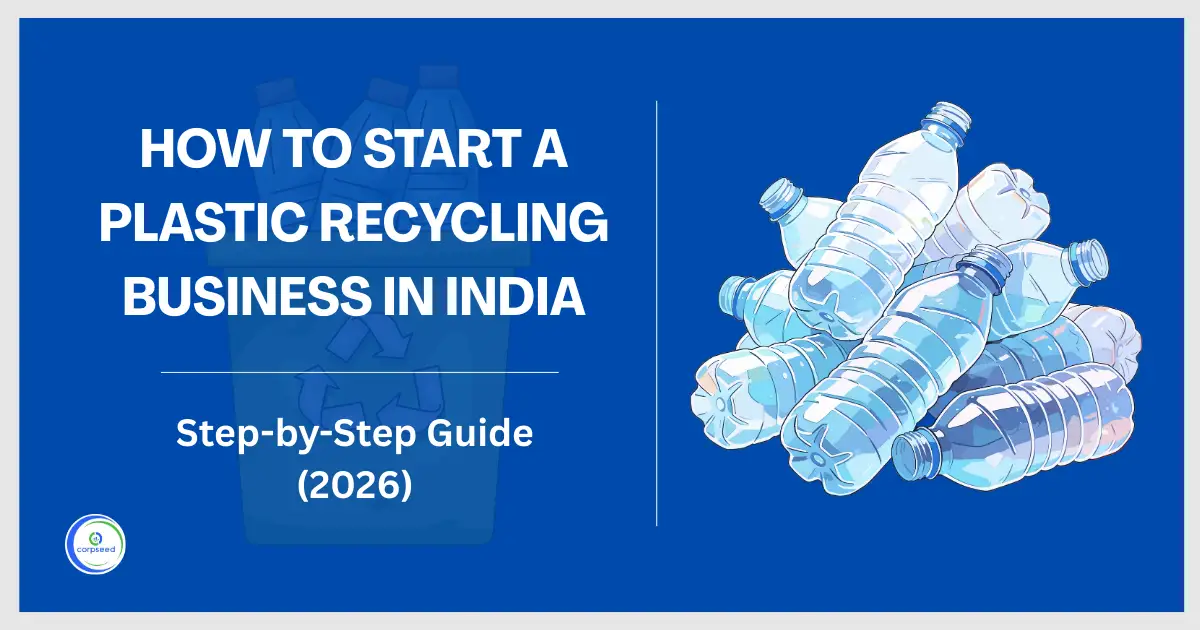
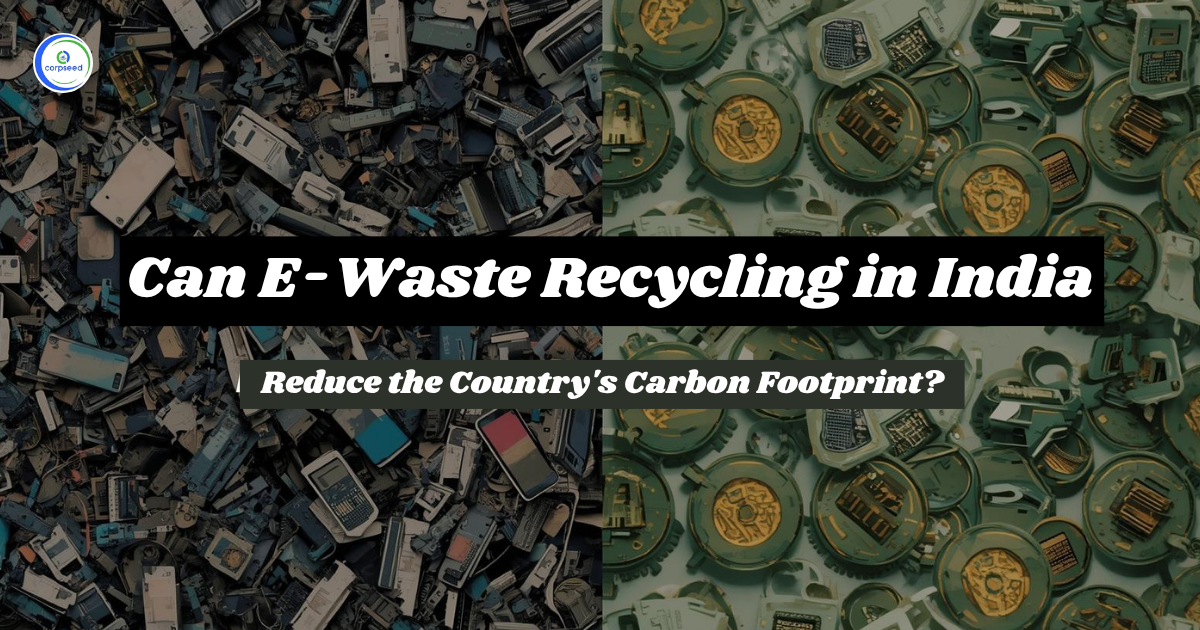
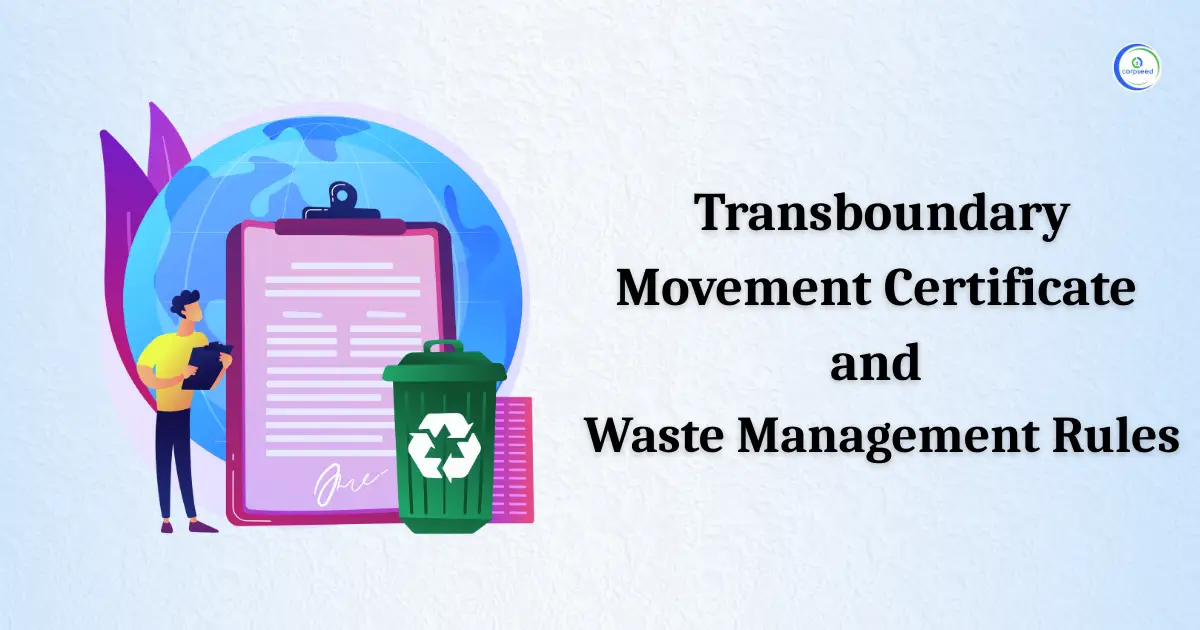
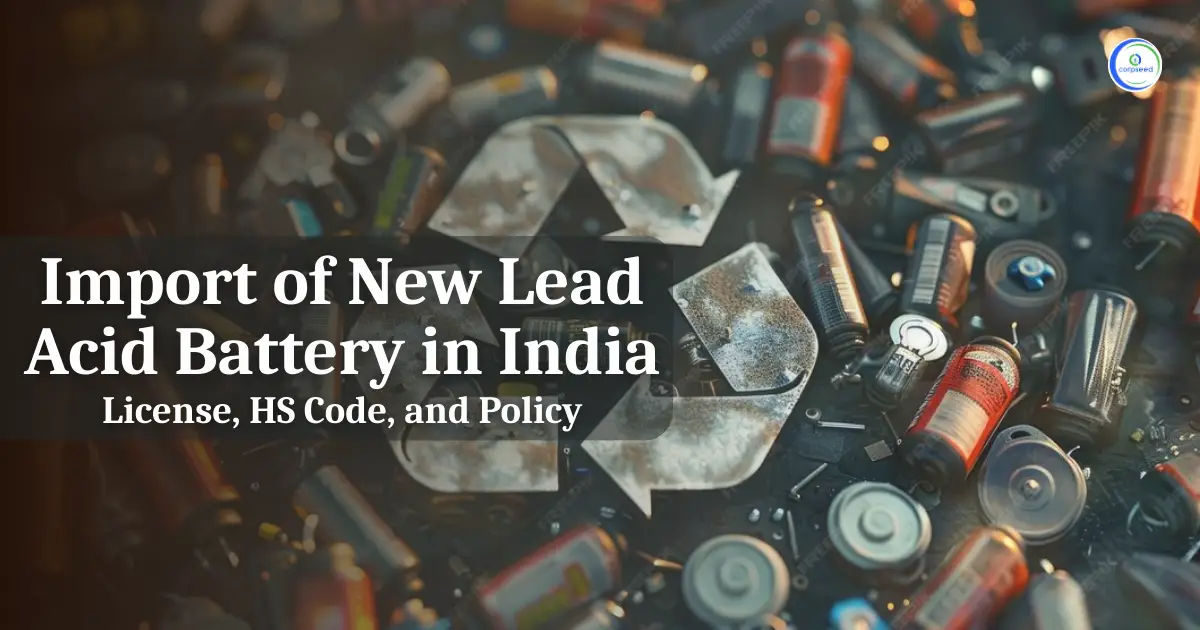


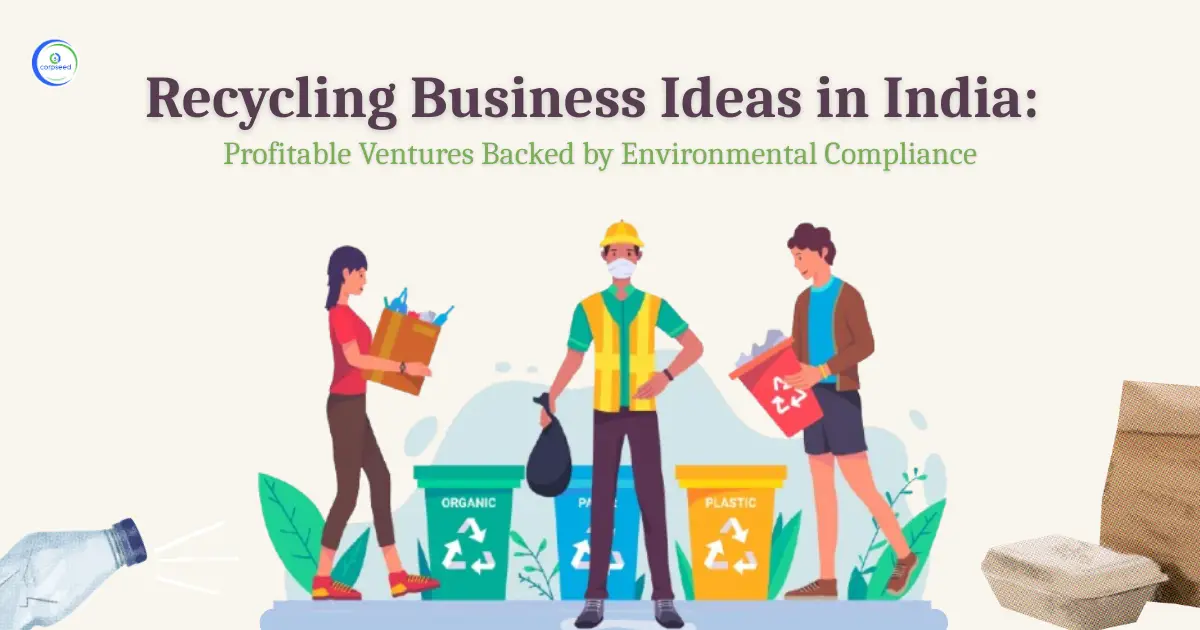
.webp)